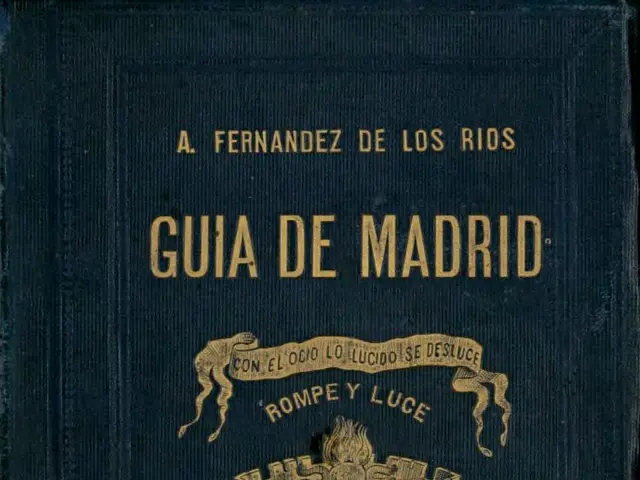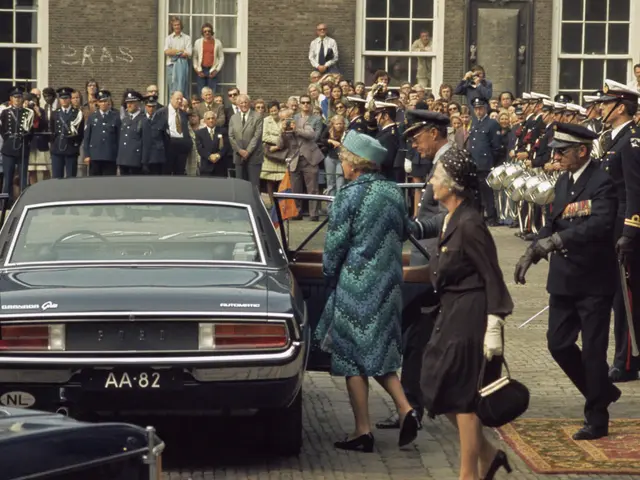Breakthrough in quantum gravity redefines observers in expanding universes
A team of researchers, led by Bin Chen and Jie Xu, has made significant strides in theoretical physics. Their work, published recently, builds upon the timelike tube theorem and extends understanding of gravity in expanding universes. The team's approach connects algebraic and generalized entropy for semiclassical states, offering a novel perspective on de Sitter space.
The team's approach is rooted in the concept of a 'covariant observer'. First proposed by Nima Arkani-Hamed, Paolo Creminelli, and Enrico Pajer around 2007, this observer's path transforms under de Sitter space symmetries, becoming a dynamic, fluctuating degree of freedom upon quantization. This enables a well-defined measure of entropy in de Sitter space.
Chen, Xu, and colleagues have developed a new algebraic framework to consistently incorporate multiple observers' perspectives in de Sitter space. Their work establishes a complete and covariant framework for describing de Sitter space, accommodating observers on arbitrary geodesics. This is a significant step towards defining observables and measurements consistently with both quantum mechanics and general relativity, particularly in the context of cosmology and the expanding universe.
The team's research, focusing on theoretical physics including quantum gravity, holography, and cosmology, provides a fresh perspective on the role of observers in quantum mechanics and gravity. Their work, published recently, builds upon the timelike tube theorem and extends understanding of gravity in expanding universes, offering a novel approach to de Sitter space.








